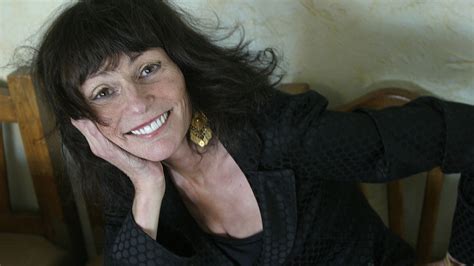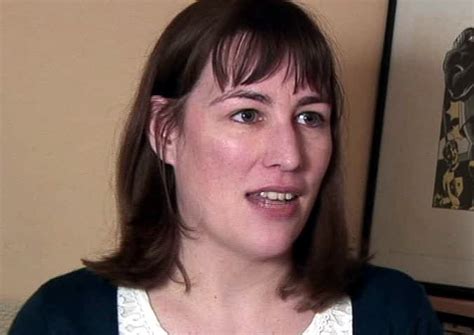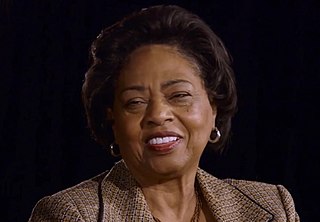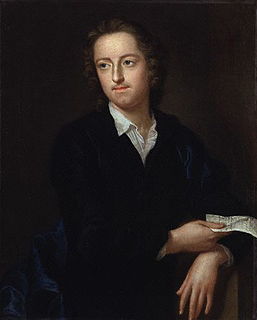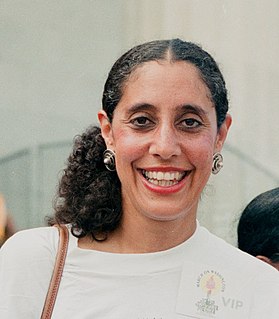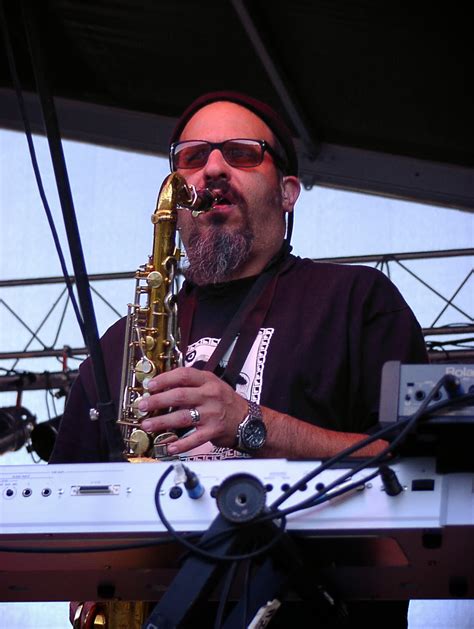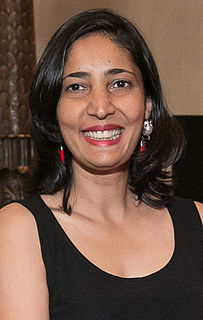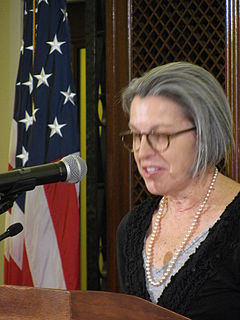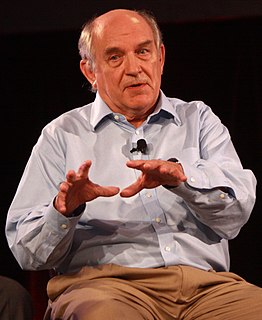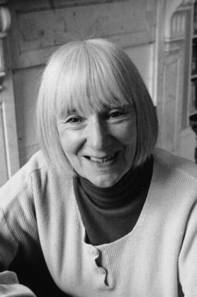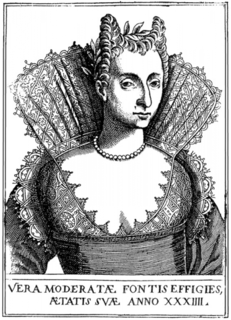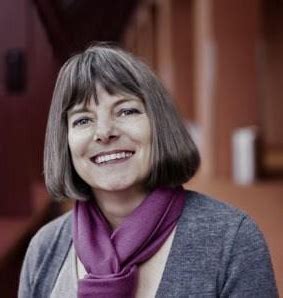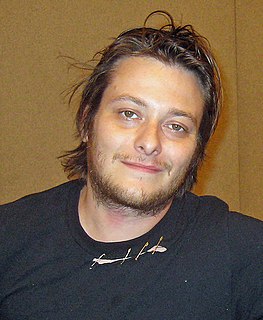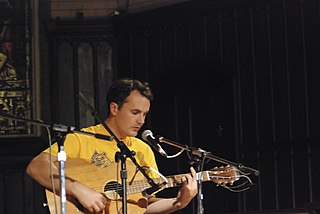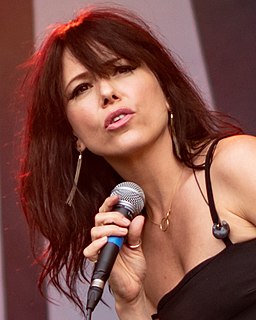Top 287 Crow Quotes & Sayings - Page 5
Explore popular Crow quotes.
Last updated on April 15, 2025.
Come, seeling night, Scarf up the tender eye of pitiful day, And with thy bloody and invisible hand Cancel and tear to pieces that great bond Which keeps me pale. Light thickens, and the crow Makes wing to th' rooky wood. Good things of day begin to droop and drowse, While night's black agents to their prey do rouse.
Much has happened since last we met, Bartimaeus," he went on. "Do you remember how we parted?" "No." I did. "You set light to me, old friend. Struck a match and left me burning in a copse." The crow shifted uneasily beneath the cleaver."That's a gesture of endearment in some cultures. Some hug, some kiss, some set each other on fire in small patches of woodland.
Then is courtesy a turncoat. But it is certain I am loved of all ladies, only you excepted: and I would I could find in my heart that I had not a hard heart; for, truly, I love none. Beatrice: A dear happiness to women: they would else have been troubled with a pernicious suitor. I thank God and my cold blood, I am of your humour for that: I had rather hear my dog bark at a crow than a man swear he loves me. -Much Ado About Nothing
The welfare state has done to Black Americans what slavery (and Jim Crow and racism) could not have done. . .break up the black family. Today, just slightly over 30 percent of black kids live in two-parent families. Historically, from the 1870s on. . . 75-90 percent of black kids lived in two-parent families.
During the Jim Crow era, poll taxes and literacy tests kept the African-Americans from polls. But today, felon disenfranchisement laws accomplished what poll taxes and literacy tests ultimately could not, because those laws were struck down. But felony disenfranchisement laws had been allowed to stand.
They will say I smoked cigarettes and marijuana, cursed hoarse as a crow in all my languages, and loved morphine and Demerol and tequila and pulque, women and men. I will shrug my illusion of shoulders and answer that I am a water woman, not a vessel, not something you can sail or charter. I am instead the tributary, the river, the fluid source, and the sea itself. I am all her rainy implications. And what do you, with your rusted compass, know of love?
Bring the rathe primrose that forsaken dies, The tufted crow-toe, and pale gessamine, The white pink, and the pansy freaked with jet, The glowing violet, The musk-rose, and the well attir'd woodbine, With cowslips wan that hang the pensive head, And every flower that sad embroidery wears: Bid amaranthus all his beauty shed, And daffadillies fill their cups with tears, To strew the laureate hearse where Lycid lies.
Husband and I are preparing ourselves for the new Doctor by watching - well, mainly rewatching - Mr. Capaldi’s back catalogue, we’ve just finished The Crow Road in which he is utterly drop-dead gorgeous and actually I’d better stop there as husband is probably reading this so just let me point out that of course I’m only excited about upcoming Doctor Who because of the stories and it’s definitely not because I fancy the new Doctor.
I'm not pessimistic, because poor people tend to bounce back. We've been through worse than this - working people been through worse than this. We've got slavery and Jim Crow. We've got workers with no rights up until `35. We're going to bounce back. We are resilient, resisting people. So, it's not pessimism, but it is blues-like. It's not optimistic. We're just prisoners of hope, that's all.
What has changed since the collapse of Jim Crow has less to do with the basic structure of our society than with the language we use to justify it. In the era of colorblindness, it is no longer socially permissible to use race, explicitly, as a justification for discrimination, exclusion, and social contempt. So we don't. Rather than rely on race, we use our criminal justice system to label people of color "criminals" and then engage in all the practices we supposedly left behind.
I grew up on a farm and, prior to my father's murder, I wanted to get away from the farm, and away from South Georgia where the Jim Crow laws absolutely controlled anything and everything we did. So, my goal was to leave once I completed high school. But on the night of my father's murder, I made a commitment that I would not leave the South, that I would stay and devote my life to working for change. So, my father's murder has shaped the course of my life even up to this very day.
That conclusion is inescapable, given the well-established evidence that voter-ID laws don't disenfranchise minorities or reduce minority voting, and in many instances enhance it, despite claims to the contrary by Mr. Holder and his allies. As more states adopt such laws, the left has railed against them with increasing fury, even invoking the specter of the Jim Crow era to describe electoral safeguards common to most nations, including in the Third World.
In the evening, I walked alone down to the Lake by the side of Crow Park after sunset and saw the solemn coloring of night draw on, the last gleam of sunshine fading away on the hilltops, the seep serene of the asters, and the long shadows of the mountains thrown across them, till they nearly touched the hithermost shore. At distance hear the murmur of many waterfalls not audible in the day-time. Wished for the moon, but she was dark to me and silent, hid in her vacant interlunar cave.
Cincinnati like so many other cities, we know that so many of our schools, when it comes to public schools, are still de facto segregated racially. It has to do with residential segregation. It has to do with James Crow, Jr., which is at work, de facto rather than legally so that some of the integration is taking place among more and more well-to-do.
I toyed briefly with an image someone once mentioned to me, of a village in the shadow of a twin-peaked mountain. In the morning the sun rises. At lunch it sets behind the mountain. In the early afternoon it rises once more. The cocks crow for the second time, and later the sun sets again. No. One peak. Metaphors should not be belaboured.
People have said over the years that the reason I did not give up my seat was because I was tired. I did not think of being physically tired. My feet were not hurting. I was tired in a different way. I was tired of seeing so many men treated as boys and not called by their proper names or titles. I was tired of seeing children and women mistreated and disrespected because of the color of their skin. I was tired of Jim Crow laws, of legally enforced racial segregation.
Michelle Alexander's brave and bold new book paints a haunting picture in which dreary felon garb, post-prison joblessness, and loss of voting rights now do the stigmatizing work once done by colored-only water fountains and legally segregated schools. With dazzling candor, Alexander argues that we all pay the cost of the new Jim Crow.
A regular council was held with the Indians, who had come in on their ponies, and speeches were made on both sides through an interpreter, quite in the described mode,--the Indians, as usual, having the advantage in point of truth and earnestness, and therefore of eloquence. The most prominent chief was named Little Crow. They were quite dissatisfied with the white man's treatment of them, and probably have reason to be so.
The germ of dissolution of our federal government is in the constitution of the federal judiciary; an irresponsible body, (for impeachment is scarcely a scare-crow) working like gravity by night and by day, gaining a little today and a little tomorrow, and advancing its noiseless step like a thief, over the field of jurisdiction, until all shall be usurped from the States, and the government of all be consolidated into one.
Once you're labeled a felon, the old forms of discrimination - employment discrimination, housing discrimination, denial of the right to vote, denial of educational opportunity, denial of food stamps and other public benefits, and exclusion from jury service - are suddenly legal. As a criminal, you have scarcely more rights, and largely less respect, than a black man living in Alabama at the height of Jim Crow. We have not ended racial caste in America; we have merely redesigned it.
Because I'm sort of an honorary Canadian, I don't think the others grasped the cultural significance of who the Tragically Hip were before the tour. Talking to Sheryl Crow and her people and the guys in Wilco, everyone was ecstatic to be on the tour, it was a lot of fun. But it even took me a while to grasp the idea that this is not just a band, this is a cultural artifact, what the Hip means in Canada. There is nobody else like them.
How does the saying go? When two locusts fight, it is always the crow that feasts.' Is that a Luo expression?' I asked. Sayid's face broke into a bashful smile. We have a similar expression in Luo,' he said, 'but actually I must admit that I read this particular expression in a book by Chinua Achebe. The Nigerian writer. I like his books very much. He speaks the truth about Africa's predicament. the Nigerian, the Kenya - it is the same. We share more than divides us.
All birds during the pairing season become more or less sentimental, and murmur soft nothings in a tone very unlike the grinding-organ repetition and loudness of their habitual song. The crow is very comical as a lover; and to hear him trying to soften his croak to the proper Saint-Preux standard has something the effect of a Mississippi boatman quoting Tennyson.
Part of what I am dealing with, with this blackness, is asking the question, "Where are those black people, who are as dark as the description of a young black boy that Solomon Northup gives in 12 Years A Slave?" He describes the young black 14-year-old boy as "blacker than any crow." You have to question if he is using that metaphorically or as a descriptive?
I have much more confidence in my ability, or any president or any leader's ability, to mobilize the American people around a multiyear, multibillion-dollar investment to help every child in poverty in this country than I am in being able to mobilize the country around providing a benefit specific to African Americans as a consequence of slavery and Jim Crow.
When he died, I went about like a ragged crow telling strangers, "My father died, my father died." My indiscretion embarrassed me, but I could not help it. Without my father on his Delhi rooftop, why was I here? Without him there, why should I go back? Without that ache between us, what was I made of?
Chloe Honum's brilliant first book The Tulip-Flame traces an identity forming within radically divergent but interlocking systems: a family traumatized by the mother's suicide, a failed relationship, the practice of ballet, a garden-each strict, exacting. And with 'a crow's sky-knowing mind,' Honum in every case transfigures emotion by way of elegant language and formal restraint. Chloe Honum is 'one astounding flame' of a poet, and I predict a long-lasting one.
The government can back up its tastes and beliefs with the police power. That is why it cannot be permitted tastes and beliefs. Most emphatically, it cannot be permitted to define one group as being privileged over another group of people. It was wrong in the days of Jim Crow; it is wrong in the days of affirmative action.
She stood looking carefully at the labeled portraits Ursala had put up: Little Crow, Chief of the Santees, Geronimo, last of the Apaches, and Ursala's favorite, Big Foot, dying in the snow at Wounded Knee. "Isn't that where the massacre was?" asked Ellen. "Yes. I'm going to go there when I'm grown up. To Wounded Knee." "That seems sensible," said Ellen.
[M]en, though they know full well how much women are worth and how great the benefits we bring them, nonetheless seek to destroy us out of envy for our merits. It's just like the crow, when it produces white nestlings: it is so stricken by envy, knowing how black it is itself, that it kills its own offspring out of pique.
I submit my tongue as an instrument of righteousness when I make it bless them that curse me and pray for them who persecute me, even though it "automatically" tends to strike and wound those who have wounded me. I submit my legs to God as instruments of righteousness when I engage them in physical labor as service, perhaps carrying a burden the "second mile" for someone whom I would rather let my legs kick. I submit my body to righteousness when I do my good deeds without letting them be known, though my whole frame cries out to strut and crow.
I think of bad news as a huge bird, with the wings of a crow and the face of my Grade Four school teacher, sparse bun, rancid teeth, wrinkly frown, pursed mouth and all, sailing around the world under cover of darkness pleased to be the bearer of ill tidings, carrying a basket of rotten eggs, and knowing- as the sun comes up- exactly where to drop them. On me, for one.
The next chamber is full of songbirds, if I remember right. Their music is like turtleweed. It will put you to sleep if you listen to it. They sleep most of the time, so the best thing is to pass through without waking them up. If they do awaken, then you must sing loud enough to drown out their music." "Great," Han said. "Whose idea was that?" "It seemed like a good idea at the time," Crow said. "I was an excellent singer.
There are black Christians, and black Muslims in Africa who are being slaughtered, they don't want to hear about the Jim Crow laws. There are Christians, there are other Muslims being slaughtered in the Middle East, they don't need a lecture from Obama about Christianity. The fact of the matter is Obama is not doing anything effective or substantive to stop genocide in our time.
I came to my first Colts training camp in July of 1950, and it was murder, absolute murder. We had a coach named Clem Crow who must have been nuts. You got to remember that I'd been a Marine, had gone through basic training and spent 26 months in the Pacific during WWII, but the Marine drill instructors had nothing on Clem.
She didn't feel thirty. But then again again, what was being thirty supposed to feel like? When she was younger, thirty seemed so far away, she thought that a woman of that age would be so wise and knowledgeable, so settled in her life with a husband and children and a career. She had none of those things. She still felt as clueless as she had felt when she was twenty, only with a few more gray hairs and crow's feet around her eyes.
A first child is your own best foot forward, and how you do cheer those little feet as they strike out. You examine every turn of flesh for precocity, and crow it to the world. But the last one: the baby who trails her scent like a flag of surrender through your life when there will be no more coming after--oh, that' s love by a different name.
As I get older, I'm more willing to take on more, I guess. I feel more comfortable kind of being different characters and kind of stretching it a little more. Like with The Visitation. At least for me, being an actor, I have to draw from human experiences, so it was kind of a stretch playing that role. Kind of supernatural... kind of like what I did in The Crow actually.
After I made 'A Crow Looked at Me,' I remember people saying things to me like, 'You've made a beautiful tribute to Genevieve.' And I felt like, no! No no no, I haven't. I made a tribute to my own destruction and desolation. This is not a portrait of her. That's not who she was. She wasn't just a person who died.
Theoretically, you can make, obviously, a powerful argument that centuries of slavery, Jim Crow, discrimination are the primary cause for all those gaps. That those were wrongs done to the black community as a whole, and black families specifically, and that in order to close that gap, a society has a moral obligation to make a large, aggressive investment, even if it's not in the form of individual reparations checks, but in the form of a Marshall Plan, in order to close those gaps. It is easy to make that theoretical argument.
In 2008, I was in a London park when I came across a fledgling crow that had fallen from the top of an oak tree. A woman happened to be passing, and she said that she rescued animals, so she invited me back to her house. It turned out she was the wife of Jeff Beck. Jeff was there, and we ended up jamming together.
There is a willow grows aslant a brook, That shows his hoar leaves in the glassy stream; There with fantastic garlands did she come Of crow-flowers, nettles, daisies, and long purples That liberal shepherds give a grosser name, But our cold maids do dead men's fingers call them: There, on the pendent boughs her coronet weeds Clambering to hang, an envious sliver broke; When down her weedy trophies and herself Fell in the weeping brook.
Those labeled felons may be denied the right to vote, are automatically excluded from juries, and may be legally discriminated against in employment, housing, access to education, public benefits, much like their grandparents or great grandparents may have been discriminated against during the Jim Crow era.
The only Train song I like is the one that I play in my act "Drops Of Jupiter". Sheryl Crow has three or four songs that I like; also Dave Matthews Band. With those particular musicians, it's more that there are a few songs that I like rather than their entire body of work. There are a lot of indie bands that I like too. I'm not a snob about music. Does the fact that I like Stephen Sondheim and Broadway musicals make me a fake? Does the fact that I'm "the Billy Joel of comedy" mean that I don't have indie-rock credibility?




